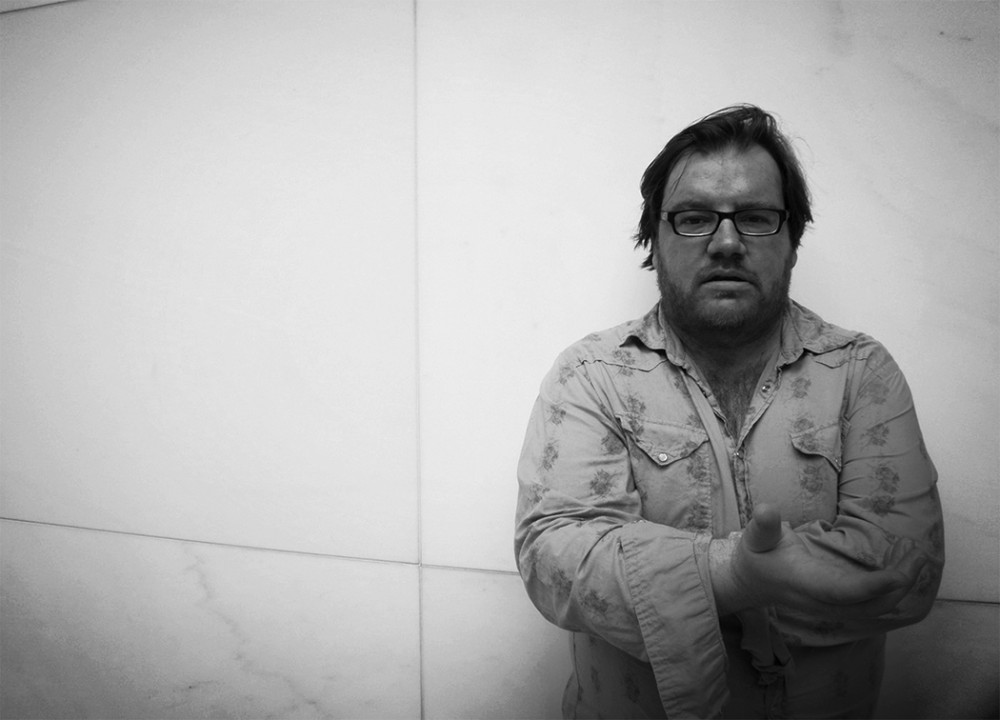In The Baghdad Eucharist, an Iraqi Christian family weathers Saddam, U.S. invasion, and ISIS
Sinan Antoon's acclaimed novel, now out in English, sheds light on the realities faced by Christians in Iraq.

Sinan Antoon is a star of modern Arab fiction, a multiply honored novelist whose books address critical questions of identity, memory, and history. He has an Iraqi Christian background but teaches at New York University—a dislocation that resembles that of so many Middle Eastern Christians in recent years. Antoon’s most recently translated novel, The Baghdad Eucharist, offers Westerners an unparalleled opportunity to understand these events. The book traces the historic catastrophe that has overcome—and is now uprooting—one of the world’s oldest Christian communities.
When it appeared in 2013 under the title Ya Mariam (“Hail Mary”), The Baghdad Eucharist was acclaimed across the Arab literary world. With dazzling economy, the book tells the story of a community by focusing on one day in the life of a once-prosperous Chaldean Christian family in 2010, at the height of the Islamist campaign against the churches. The family tries to make sense of the repeated bombings and massacres, the kidnappings and persecutions. The young wife, Maha, sees no hope in the vortex of hatred that has overtaken the country. Her elderly cousin Youssef is more sanguine. He reminisces about the good times in the recent past, when Iraqis tried to build a secular, prosperous nation free of religious bigotry and sectarianism. Maha can relate to nothing in what he says. Since childhood, she has known only a world of inexplicable savagery. She struggles to understand why one of her uncles was kidnapped and murdered.
Maha and Youssef are the remnants of what was once a large and prosperous family. Successive disasters have ruined their fortunes, and that of the nation. The turning point was the Iraqi invasion of Kuwait in the summer of 1990, which provoked international sanctions and then the first Gulf War of 1991. In 1993–94, the previously secular Iraqi regime turned to strict forms of Salafist Islamic piety, and a “faith campaign” closed down Christian businesses that sold alcohol. (The trade had always been forbidden to Muslims.) As the economy disintegrates, the Gorgis family turns its backyard into a general store. The U.S. invasion in 2003 unleashed new nightmares—the insurgency against government forces and sectarian warfare between Sunni and Shi’a Muslims. By 2010, the local al-Qaeda faction is on the verge of metastasizing into what the world came to know as ISIS, and it demonstrates its piety by slaughtering Christians.





